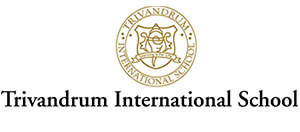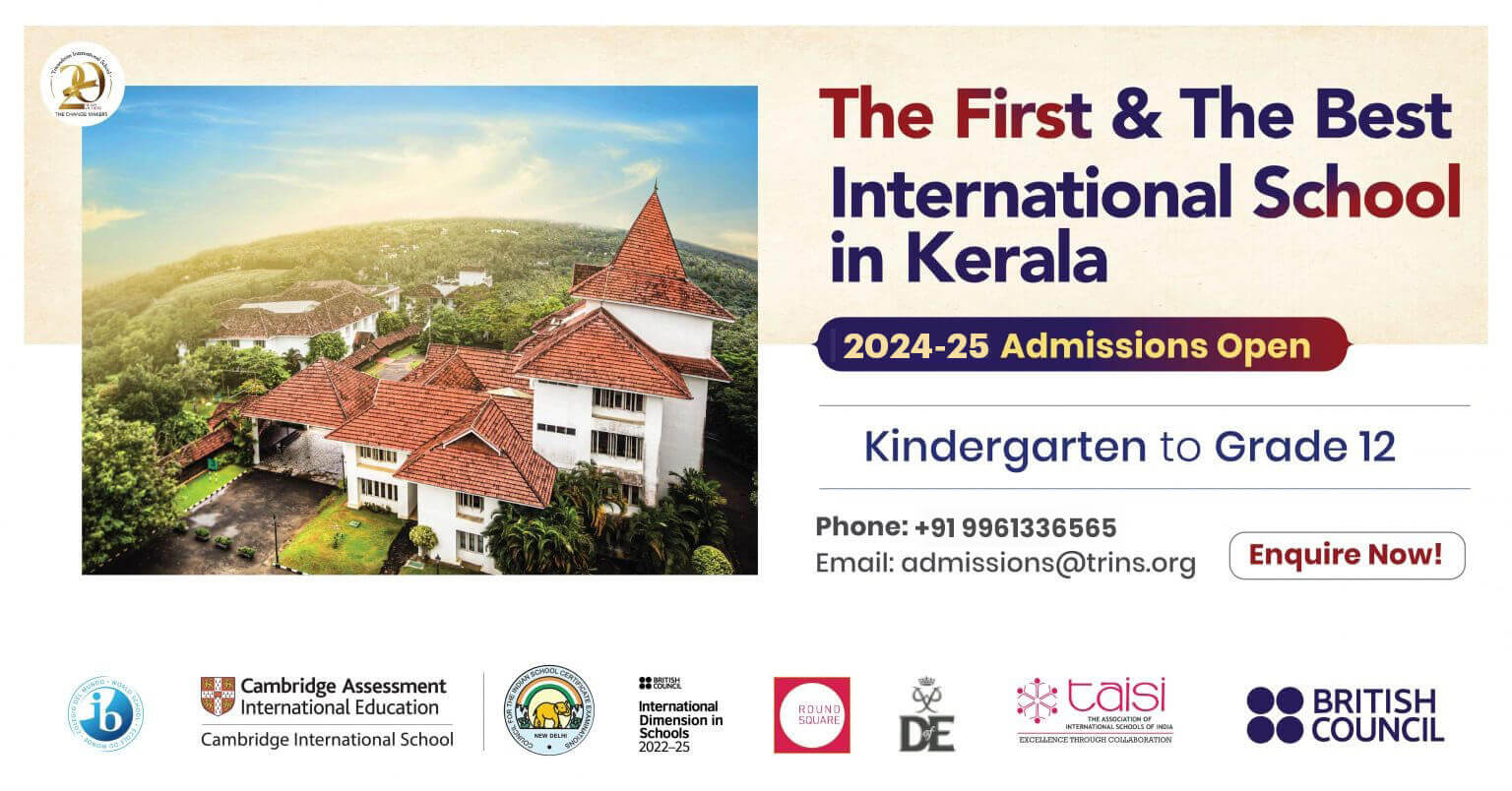What is IB?
The IB Philosophy
- The International Baccalaureate is an international educational foundation, renowned worldwide for its commitment to encouraging both personal and academic achievement among students.
- Originated in Switzerland, the IB curricula are crafted to nurture intellectual, personal, emotional, and social skills, preparing students to live, learn, and work in a rapidly globalizing world.
Framework of IB Education in India
Levels of IB Education
- PYP (Primary Years Programme): Aimed at children aged 3-12, focusing on fostering curiosity and a love for learning.
- MYP (Middle Years Programme): For students aged 11-16, it emphasizes intellectual challenge and encourages students to make practical connections between their studies and the real world.
- DP (Diploma Programme): Tailored for those aged 16-19, this rigorous program assesses students in diverse areas, providing a balanced education and preparing them for university and life beyond.
- CP (Career-related Programme): A framework for students aged 16-19, linking DP courses with career-related studies, offering a pathway to both higher education and career opportunities.
Unique Features of IB
- Theory of Knowledge (TOK): Encourages students to reflect on the nature of knowledge and critically examine different ways of knowing.
- Extended Essay: An in-depth research project that provides practical preparation for undergraduate research.
- CAS (Creativity, Activity, Service): Encourages students to engage in a range of activities alongside their academic studies.
Advantages of Pursuing IB in India
Global Relevance and Recognition
With its worldwide recognition, IB assists students in securing admissions in universities across the globe, while also providing a curriculum that is internationally consistent and comprehensive.
Development of Varied Skills
IB focuses on developing varied skills among students, including critical thinking, research, and socio-emotional skills, ensuring they are well-rounded individuals ready to navigate through diverse arenas in life.
Exposure to Global Perspectives
Students are exposed to global issues and perspectives, fostering a mindset that is not only academically proficient but also globally aware and socially responsible.
Challenges and Considerations
Financial Aspect
IB schools tend to have higher tuition fees compared to national curricula, which may be a crucial factor for many families.
Accessibility
While IB is gaining popularity, its presence is still limited to certain regions and prominent cities in India, making accessibility a potential concern for some families.
Alignment with Local Context
Ensuring that the global curriculum also aligns well with the local context and adequately prepares students for local examinations and opportunities can be a point of consideration.
Conclusion
The International Baccalaureate, with its robust and comprehensive approach towards education, has established itself as a prominent curriculum in India, especially among those seeking a global and forward-thinking educational pathway. However, choosing an educational board should be a thoughtful decision, considering various factors including the child’s interest, family’s mobility, and financial investment. The IB stands as a potent choice, offering a curriculum that is not only academically rigorous but also fosters a global mindset and varied skills among its learners.




